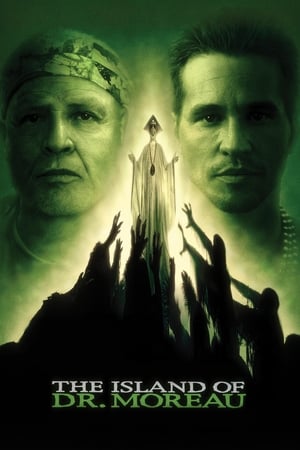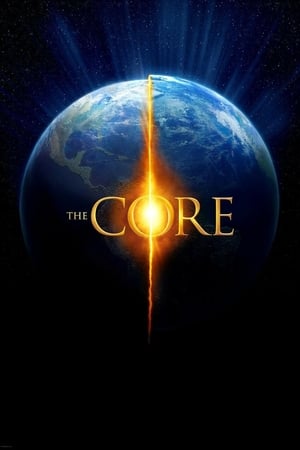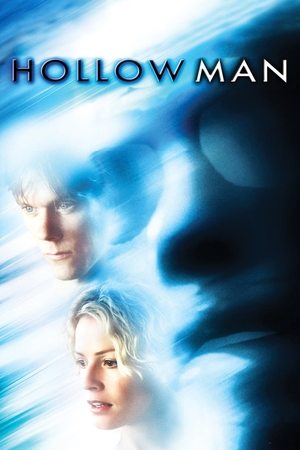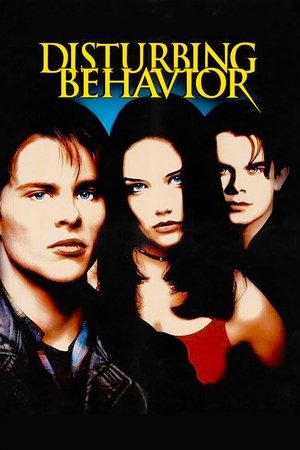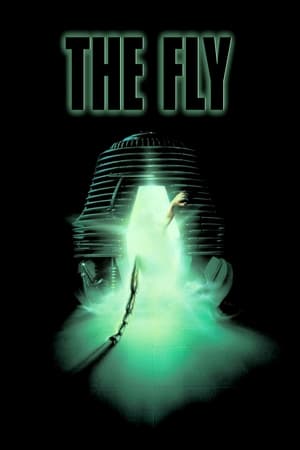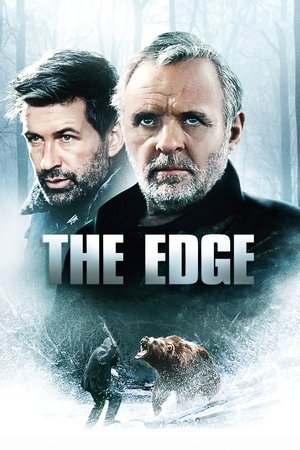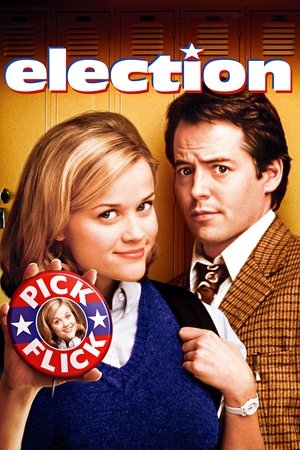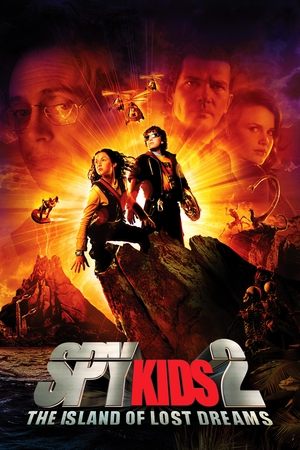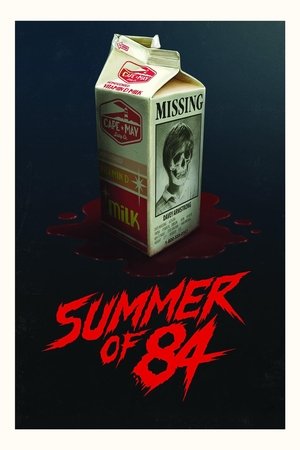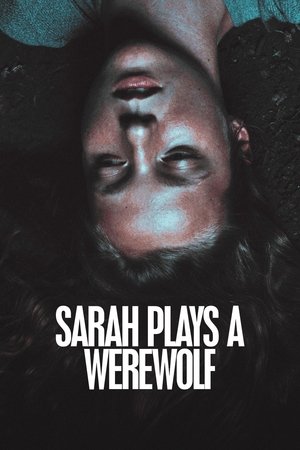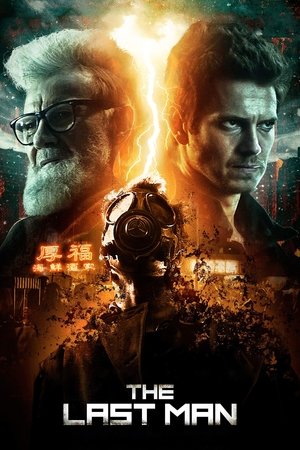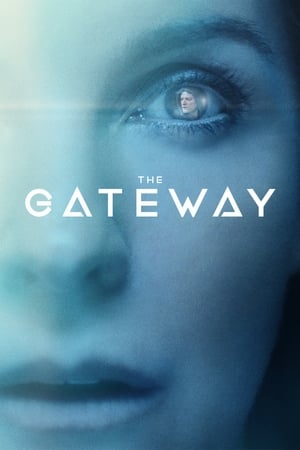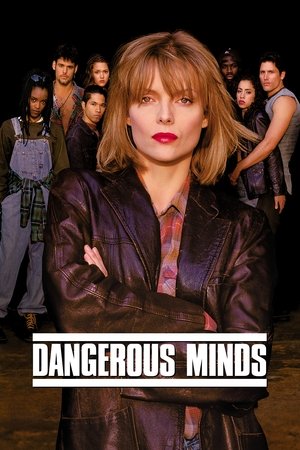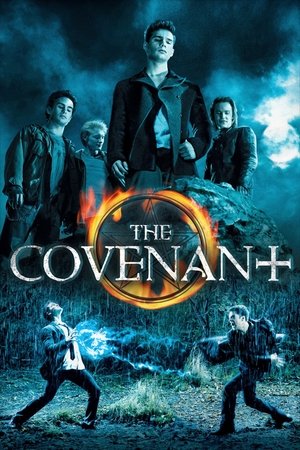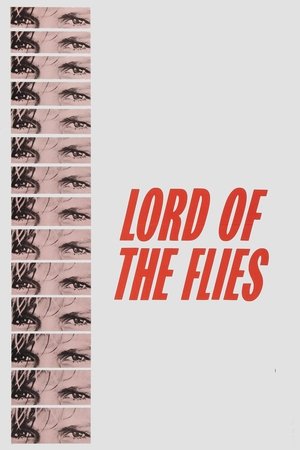Overview
At an international school in Jakarta, a philosophy teacher challenges his class of twenty graduating seniors to choose which ten of them would take shelter underground and reboot the human race in the event of a nuclear apocalypse.
Reviews
I've watched a lot of dumb movies, but never had I seen one that defends the notion of 'ignorance is bliss' as zealously as After the Dark. Director John Huddles sets the action, such as it is, at an international school in Jakarta; specifically in Mr. Zimit's (James D'Arcy) class.
Zimit's is ostensibly a philosophy class, but it might as well be called 'Exposition 101'. “Do we feel like recapping some of our favorite thought experiments?,” Zimit asks rhetorically on the last day of school to his 20 students, some of whom proceed to do exactly that, also explaining what each experiment consists of.
Now, a classroom is as good a place for an Info Dump as you’ll ever find, but this feels like something more appropriate for the first day of school, not the last; this unfortunate timing turns this into a transparent case of As You Know.
Anyway, someone mentions the infinite monkey theorem: “if you put a monkey at a typewriter and let him bang away at it forever, he'll eventually, almost surely, completely randomly type out the entire play of Hamlet, word for word.” I'd make the obvious joke about how that’s the way this movie was written, except I'm convinced a monkey could do a much better job, and it wouldn't take forever either.
All of this is just a preface to Zimit's own thought experiment, which is a mix of Survivor, Big Brother, and Dungeons & Dragons. Basically, there is a fallout shelter with a capacity of ten people and the class must decide which ten go in and which 11 — counting Zimit — are left out, based on the fictional professions that Zimit randomly assigns them.
This exercise is done thrice, and the repetition only succeeds in highlighting how stupid the movie and its characters really are. For example, Zimit states about the shelter’s inhabitants that “They cannot share oxygen. Every cubic centimeter of breathable air here, once the outer door is sealed, comes from these compressed tanks. This place has been designed to hold 10 people for a year; one more person means death from hypoxia” (to save time, everyone pictures the exact same shelter).
Additionally, the specifications established in the first exercise carry over into the second and third; e.g., the code to open the shelter door at the end of the year is always the same number. Despite this, the class decides that "we need a pregnancy as soon as possible ... produce a healthy baby during the course of the year of confinement" because "having children becomes the No. 1 job after the apocalypse." Guys, have you already forgotten that "one more person means death from hypoxia"?
These characters are nowhere near as smart as Huddles would have us believe, especially James (Rhys Wakefield), boyfriend of Petra (Sophie Lowe); when it becomes apparent that she and Zimit are going to have to repopulate the planet by themselves, James reacts as if they are actually going to have sex (a reaction that makes no sense even within the simulation, considering he’s supposed o be gay in it).
Fortunately for James, Petra likes them dumb, and to this preference is that we owe everything we see here; Zimit, with whom Petra has been cheating on James, believes "he's not smart enough for you." Thus, the whole thing is just a juvenile attempt to expose James’s lack of intelligence, which in turn doesn’t speak very highly of Zimit’s own cranial capacity.
This Petra is something else, by the way; first she plays with Zimit's feelings, and then gets offended that he, philosophy professor and all, is still as human as the next guy and takes her stringing him along personal.
From what we see of James, he wouldn't react much more maturely if he found out about Petra's duplicity, but she rationalizes keeping the truth from him thus: “Punishing [James] doesn't make sense because he doesn't know about us. I'm not sure he needs to know. Especially after how you behaved today.” How she has behaved, however, doesn’t trouble her in the least.
All things considered, After the Dark's message is that “being smart isn't everything,” which is exactly what a fool would say. What else is there apart from intelligence? Physical beauty fades, and sense of humor can only take you so far. I, for one, would never date a person who thought this movie is any good at all.

 107 min
107 min
 6.032
6.032
 2013
2013
 Indonesia
Indonesia
 tmdb28039023 wrote:
tmdb28039023 wrote: